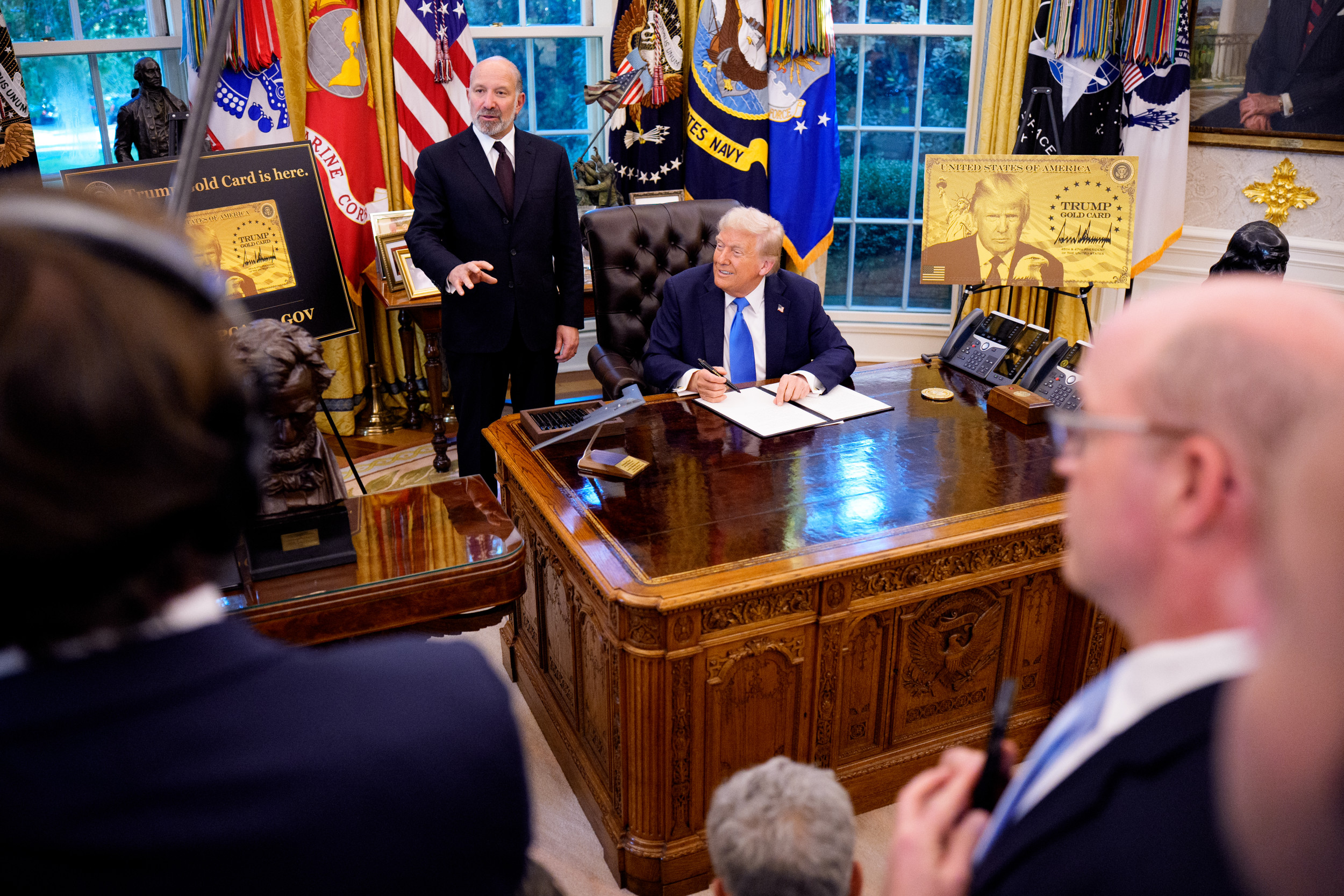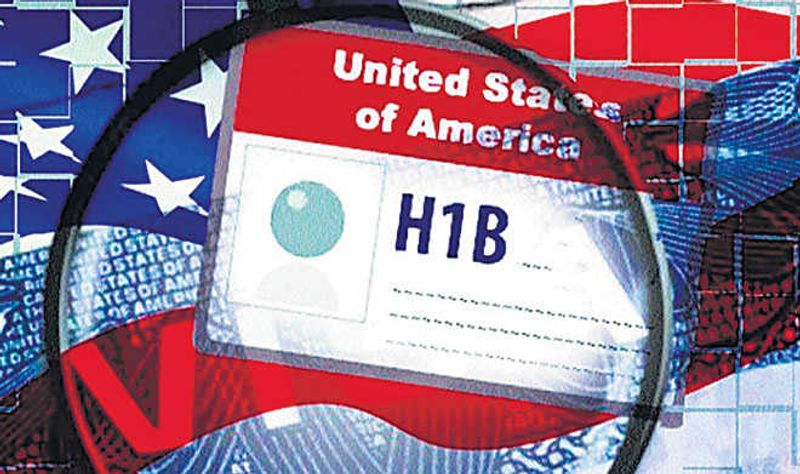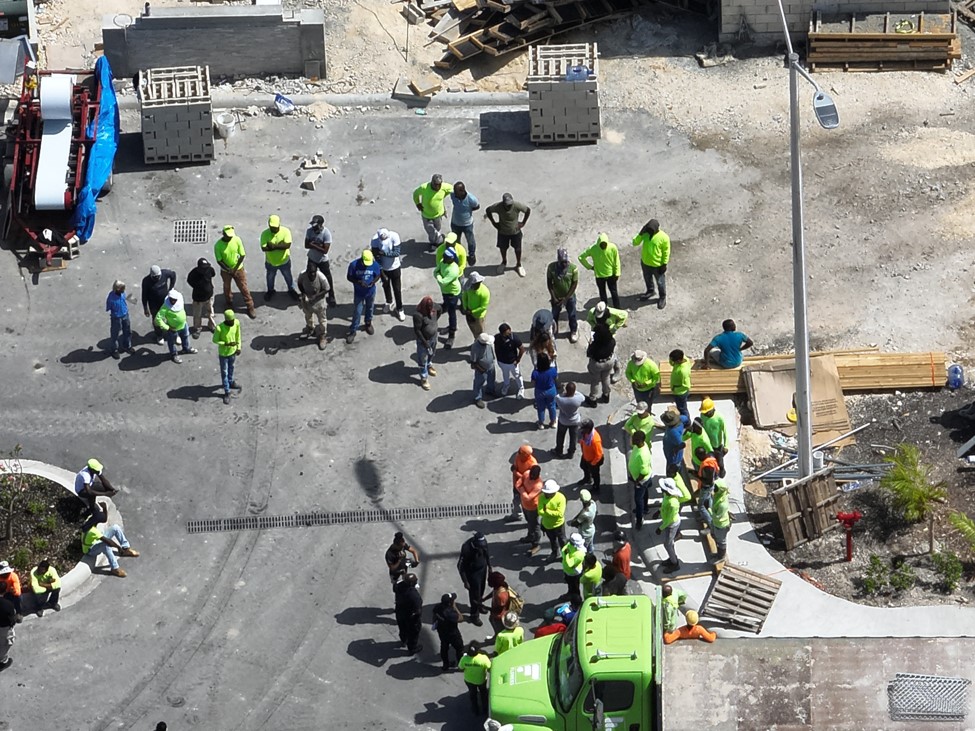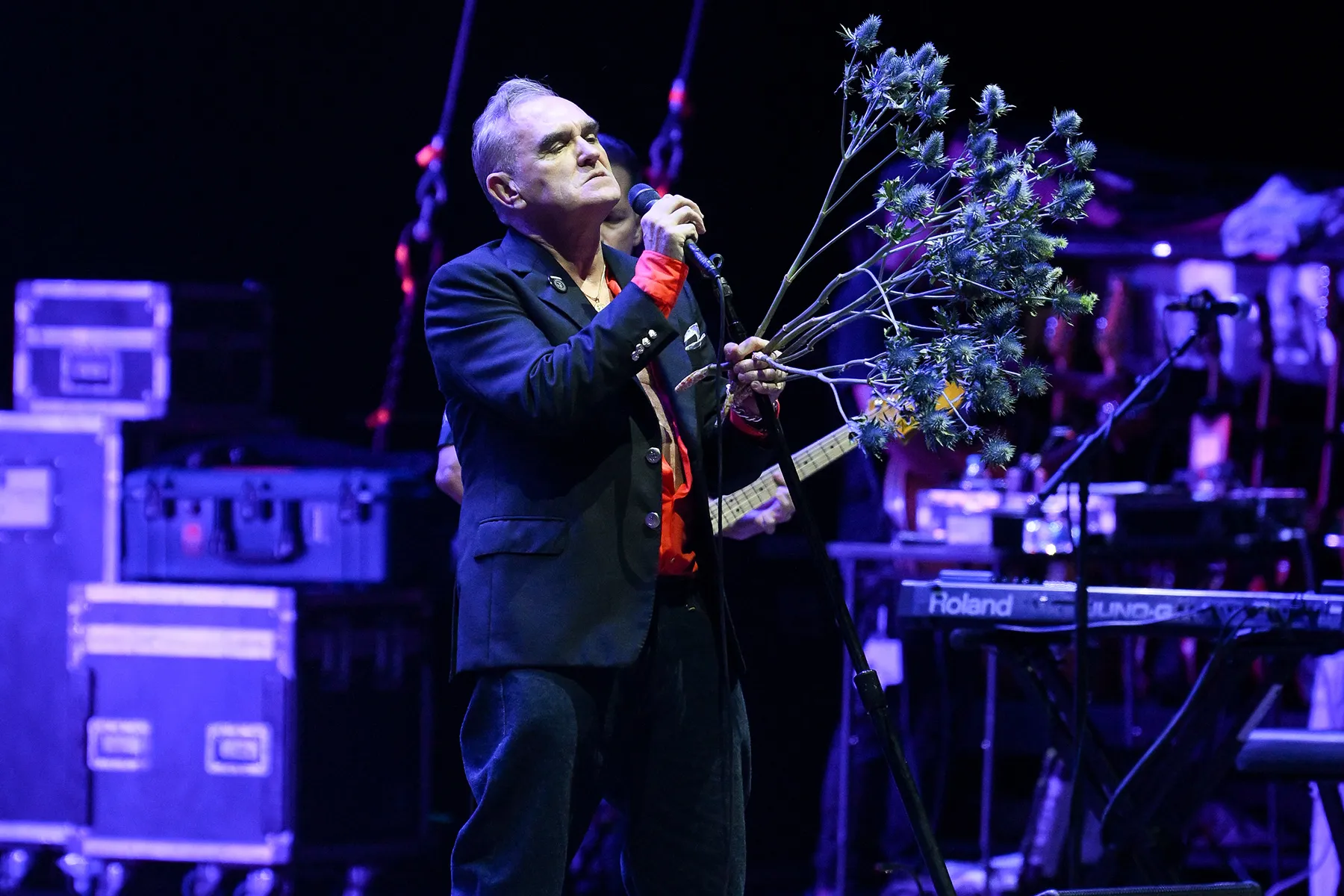
President Donald Trump’s announcement of major changes to the H-1B visa caused confusion among visa holders, immigration attorneys, and his own administration over the weekend.
In an Oval Office announcement at 5 p.m. Friday, Trump said his administration would begin charging $100,000 for the much-debated visa category. Commerce Secretary Howard Lutnick, standing behind the president, said that would be a yearly fee and that Big Tech was on board.
A short time after that, the White House posted an official proclamation stating that the new fees would take effect by the end of the weekend, sparking concerns that current H-1B holders outside the United States would not be able to re-enter without paying $ 100,000.
Immigration attorneys then reported that clients were calling with concerns about making it back and how this might impact their jobs and families, while the White House, the Department of Homeland Security, and the State Department had to issue clarifications.
“The proclamation issued Friday evening has sent shock waves through just about every industry in the U.S.,” Elissa Taub, an immigration attorney at Siskind Susser in Tennessee, told Newsweek.
“It’s been a really exhausting weekend of counseling clients with evolving, imprecise, and inconsistent statements from the government that belie the fact that those in charge of implementing this outrageous policy have no idea how the system works. For lack of a better term, my clients are freaked out by this, and so are my colleagues around the country and the world.”
Newsweek reached out to the White House and Department of Commerce for comment on Monday morning.
H-1B Visa Fees: Before and After Trump Admin’s Program Changes
Previous and current H-1B lottery applications are subject to a $215 filing fee, plus fees of up to $780. Some employers also opt for premium processing, which the U.S. Citizenship and Immigration Service (USCIS) charges an extra $2,805 for.
On Friday, Trump signed a proclamation entitled “Restriction on Entry of Certain Nonimmigrant Workers.” It stated that a new $100,000 fee will be imposed for H-1B visa applications.
Lutnick, whose department does not have a role in the visa approval process, said at the time that this would be an annual fee for employers, whereas Trump said it was a one-time cost. The proclamation issued later that evening said entry into the U.S. would be restricted unless petitions were “accompanied or supplemented by a payment of $100,000.”
This caused confusion for immigrants and their attorneys, who were unclear whether current visa holders would be prevented from reentering the U.S. after Sunday night, when the proclamation was set to take effect.
“The chaos and internal contradictions over the past 48 hours are very similar to Trump’s first Muslim Ban back in January 2017,” Doug Rand, a former DHS official, told Newsweek.
“This is what happens when highly consequential documents are drafted in secret by ideologues, without any apparent input from expert civil servant attorneys who would say pesky things like ‘this is incoherent’ and ‘this is unlawful.'”
What Has the White House Said About the New H-1B Rules?
White House press secretary Karoline Leavitt took to X on Saturday to clarify the situation.
“To be clear: 1.) This is NOT an annual fee. It’s a one-time fee that applies only to the petition,” Leavitt wrote. “2.) Those who already hold H-1B visas and are currently outside of the country right now will NOT be charged $100,000 to re-enter.
“H-1B visa holders can leave and re-enter the country to the same extent as they normally would; whatever ability they have to do that is not impacted by yesterday’s proclamation.”
The post received a community note, stating that Lutnick had repeatedly said the $100,000 would be an annual fee.
On the White House website on Sunday, further clarification was given, including that the fee would be required for all H-1B applications submitted after 12:01 a.m. ET Sunday, including the 2026 H-1B lottery.
The press release also said that Trump’s proclamation did not apply to previously issued H-1Bs or any applications filed before Sunday.
On Monday morning, it was reported that health care workers would be exempt from the change.
What Has the State Department Said About the Changes?
The State Department, which is responsible for the foreign national part of a visa application, pointed Newsweek to its similarly-worded clarification on the H-1B changes shared over the weekend, in which it added that the proclamation did not affect fees for H-1B renewals.
The department repeated that the new rules did not prevent H-1B holders from traveling in and out of the U.S.
Despite that reassurance, concerns were raised about the global perception of how welcoming the U.S. now was to foreign workers, with the H-1B being one of the most popular work visas among tech companies, colleges, research institutions, and health care.
Jennie Murray, president and CEO of the National Immigration Forum, said in a press release Monday that “doing business will get harder for companies that rely on H-1B visas to complement their American-born workforce.”
Despite Trump showing support for the H-1B in the past, there is long-held skepticism from his MAGA base and many on the right for the program, with the leading argument against it being that it hurts STEM workers born in the U.S.
Trump’s proclamation, which he signed in the Oval Office, addressed this debate, including concerns about cutting wages and employer abuses to avoid hiring American workers.
“For too long, loopholes in the H-1B program have allowed corporations to undercut American workers and depress wages under the guise of a labor shortage,” Elizabeth Jacobs, director of Regulatory Affairs and Policy at the right-leaning Center for Immigration Studies, said in a press release Monday.
“By imposing this new fee, the Trump administration is signaling that U.S. workers must come first, but meaningful legislative reform is still urgently needed.”
That view is not shared by all of those who want to see meaningful changes to the U.S. immigration system, including Murray.
“This executive order stifles a legal immigration program on which many American businesses depend — with effects that benefit Americans and the U.S. economy,” Murray said.
“We need to strengthen our security and leadership in the world with fair, orderly legal immigration channels that bolster our global economic standing. Today’s H-1B change is bad for business and goes against our long-term interests.”
How Many H-1B Visas Are Issued Each Year?
While there is a yearly cap that limits the H-1B in part, around 85,000, many employment categories are exempt.
Analysis by the Pew Research Center estimated that around 400,000 H-1B applications were approved in 2024, more than twice the number approved in 2000. Most of these are for visa renewals, rather than new applications.
Trump’s proclamation echoed concerns that the number of foreign STEM workers had increased significantly in recent years, while tech companies laid off American workers. It also referenced concerns that college graduates have been struggling to find jobs in their respective fields due to the presence of immigrant workers.
What Other Changes Are Planned for the H-1B?
Trump and the memos released since his announcement referred to further changes coming to the H-1B program.
There has already been discussion of, and approval for, a wage-weighted approval process to replace the current lottery method.
The Department of Labor is looking at revising and raising the so-called prevailing wage rules around the H-1B to ensure salaries match American-born workers, while the DHS was also looking at adding new rules around an applicant’s skill levels.
What Happens Next
While the proclamation took effect Sunday morning, it is up to Congress to set immigration fees and schedules. It is unclear whether this will happen.
The White House may also face litigation from immigration attorneys or companies reliant on the H-1B for the way the changes were announced and rolled out.



